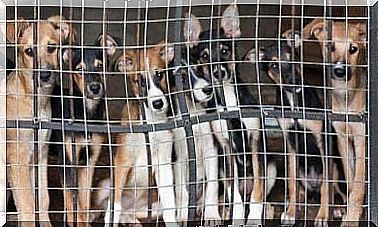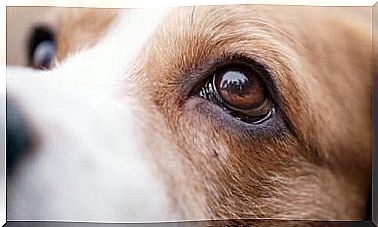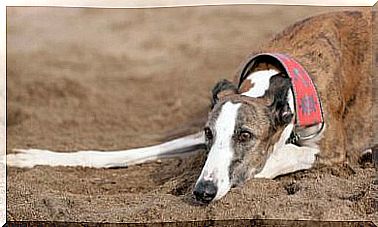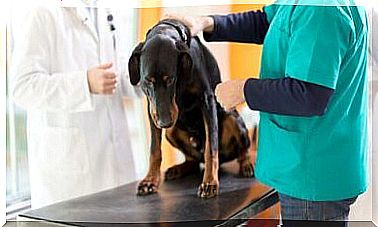Food Intolerance In Dogs
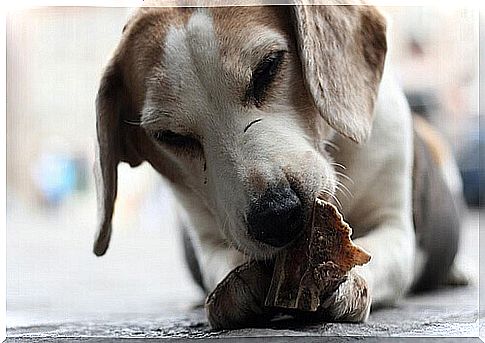
There is a misconception that dogs can eat anything. This is not true and, in fact, like many people, they too can suffer from food intolerances. It is important to make sure that the dog is not intolerant to any type of food. Today we talk about the foods that most commonly cause this reaction, and its symptoms.
First, we need to understand what intolerance is, since it is often confused with allergy. Certainly there is a big difference between them: intolerance can kill, allergy cannot.
What is meant by food intolerance?
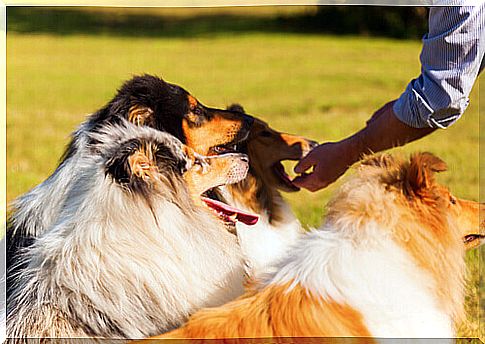
Intolerance is an adverse reaction to a food or to one of its components, which causes discomfort and disturbances in our body. These disorders can include:
- Headache
- He retched
- Overweight
- Diarrhea
- Inflammation of the joints
- Chronic fatigue
- Skin disorders
Sometimes, without knowing it, we suffer from intolerance towards the foods we consume regularly. This can pose serious risks to our health; if in doubt, we recommend that you undergo an intolerance test and this, of course, also applies to dogs.
The difference between allergy and intolerance lies in the fact that the latter is localized in the intestinal tract, while allergy triggers a reaction of the immune system.
So what are the foods that can cause intolerance in dogs?
Foods that most commonly can cause intolerance
There may be exceptions: not all dogs show intolerance towards the foods we are about to list and it is possible that there are still others.
- Milk and derivatives. The derivatives are cheese, yogurt, cream and anything else that contains milk; as with people, these foods can cause intolerances in dogs.
- Salt. Packaged dog foods have an extremely balanced level of salt substitutes ; the latter is expelled from the organism of the dog which is intolerant of it, through diarrhea and vomiting.
- Leavened products. Any product containing yeast can cause intolerance in your dog; foods such as bread should be avoided.
Well, now that we know that there are foods that can cause intolerance in dogs, how do you understand what they are and what should be done?
How to tell if your dog is intolerant to certain foods?
The first thing the vet will suggest to do is a blood test, even if this is not always able to establish with certainty the cause of the food intolerance; therefore, other investigations will be necessary.
One test is to feed the dog a hypoallergenic diet for eight weeks, eliminating all suspicious foods. This test is also done with dogs that show allergy to certain foods.
Is it possible to prevent intolerance?
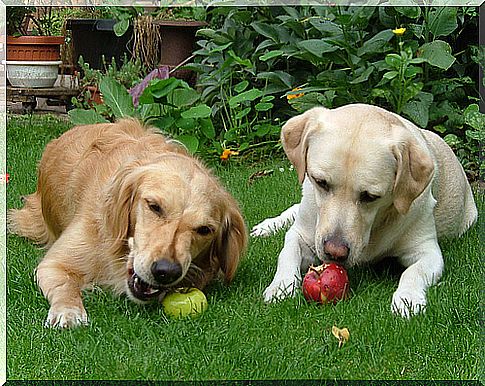
Author of the photo: Miss Chien
Unfortunately, the answer is no. Some dog breeds have a greater tendency to suffer from it, but none are exempt from it.
The breeds most prone to food intolerance are the French bulldog and the boxer but, even so, it is not possible to know if a dog suffers from it until a symptom appears, or the appropriate tests are done.
Therefore, there is no magic formula to avoid intolerance; However, it is important that dogs, as puppies, are fed with their mother’s milk : when they begin to accept other foods, they must be fed good quality food. In both cases, you will strengthen your dog’s immune system and reduce the risk of food intolerance.
Above all, we advise you to ask your vet which diet is best suited to your dog, and to follow his recommendations. It is not recommended to feed him with foods that are not designed for the dog : they could damage his digestive system or trigger allergies or intolerances.
